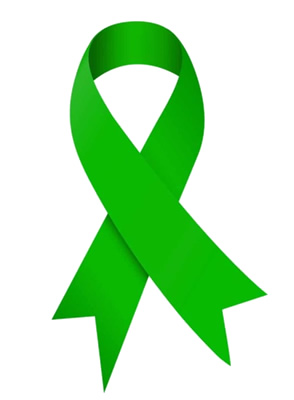Beyond the Stiff Upper Lip
A Conversation on Strength: Why Asking for Help is the Toughest Thing a Man Can Do
This month, Men’s Mental Health Awareness reminds us of a stubborn truth: for many men, seeking help feels like admitting defeat.
I understand this pressure deeply. From childhood, society often equips men with two tools: stoicism (to endure pain) and solitude (to solve problems alone). This cultural training teaches us that strength is about holding it all together, no matter the internal cost.
The Invisible Load: When Stoicism Fails
The consequences of this “tough it out” approach are severe. When life throws heavy challenges—relationship strain, career failure, burnout, or the aftermath of trauma—the tools of stoicism and solitude stop working. Instead, they create an invisible emotional load that often expresses itself in ways that aren’t socially acceptable:
- Irritability and a short temper.
- Withdrawal from family and friends.
- Turning to coping mechanisms like excessive work, drinking, or distraction (which is why issues like Addiction and Alcohol Use are so common in men).
-
My own journey started when life got on top of me and I reached out for help.
I’ve sat with countless men who tell me they feel isolated, not because they lack people, but because they lack a space to be authentic. They carry the burdens of being a provider, a father, or a boss, but they never get to take off the armour. Therapy is the one place where you can drop the role and simply be the man struggling underneath it all. That moment of true honesty takes monumental strength.
Strength Redefined: The Power of Self-Confrontation
We want to flip the narrative. The real sign of weakness isn’t having problems; it’s stubbornly refusing to use the resources available to solve them.
Reaching out for help is not an act of surrender—it is an act of ultimate strength.
Why is it the toughest thing a man can do? Because it requires:
Vulnerability: A willingness to dismantle the carefully constructed public image of control.
Courage: Confronting the reality of the problem (like Childhood Neglect or Trauma) rather than defaulting to avoidance.
Self-Respect: Prioritizing your long-term mental and emotional health over short-term pride.
The Relational Repair: How Therapy Actually Works
Therapy is not just about talking; it’s about relational repair. As relational practitioners, we know that many of our deepest wounds are relational—they stem from how we were taught to connect, express anger, and handle disappointment.
As my colleague, Dennis Uttridge, often explains the work:
In our Relational Psychotherapy space, we don’t treat you like a machine to be fixed. We treat you like a human to be understood. For men especially, having another person sit with you without judgement creates a powerful experience. It shows you, often for the first time, that your deepest feelings are survivable, containable, and worthy of attention. It’s a process of taking your old survival tactics and replacing them with true, emotional resilience.
The journey starts when you decide your well-being is more important than the myth of your invincibility.

Author: Simon O'Brien
Practice Location: Online or In-Person at Hebden Bridge
Top Specialities: Alcohol Use, Men’s Issues, Childhood Neglect
Read More …



